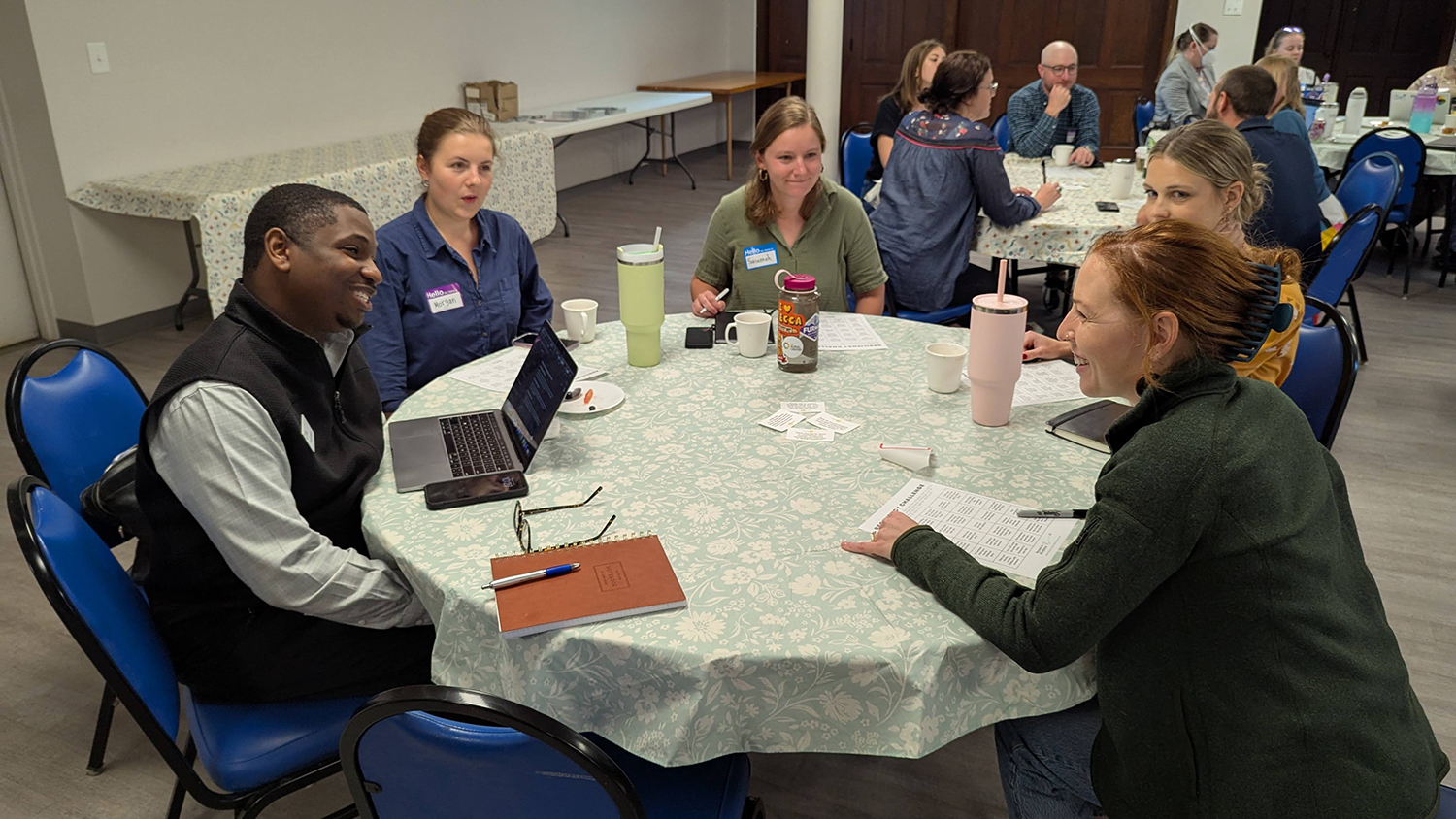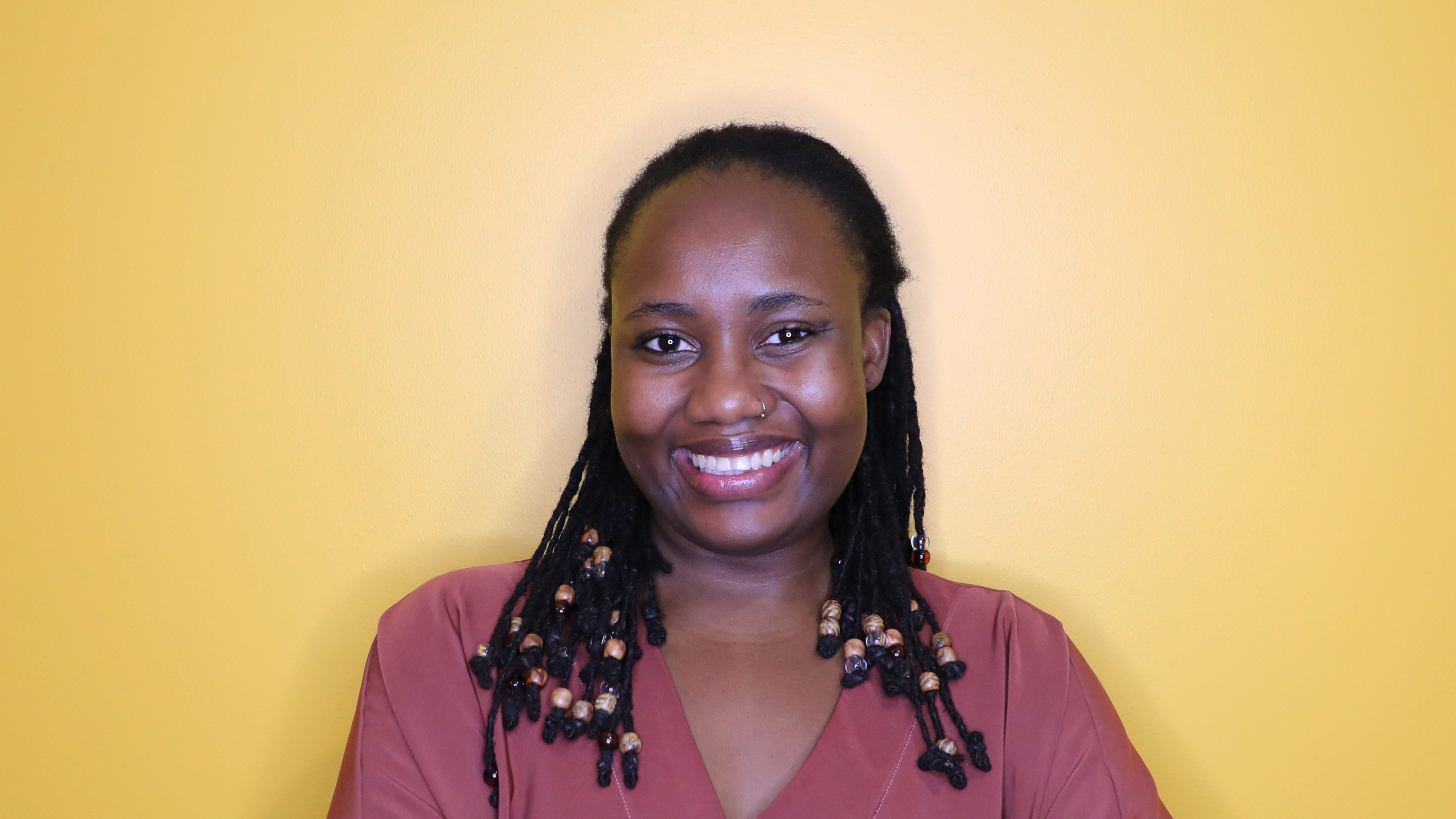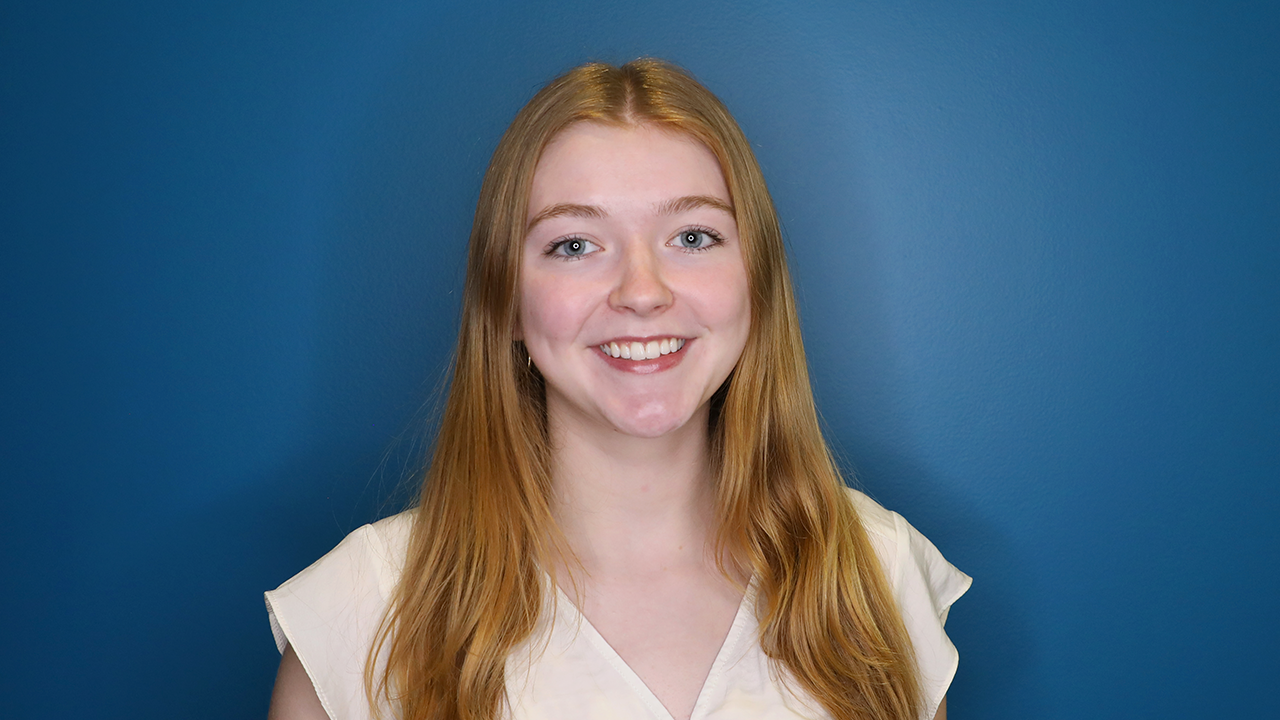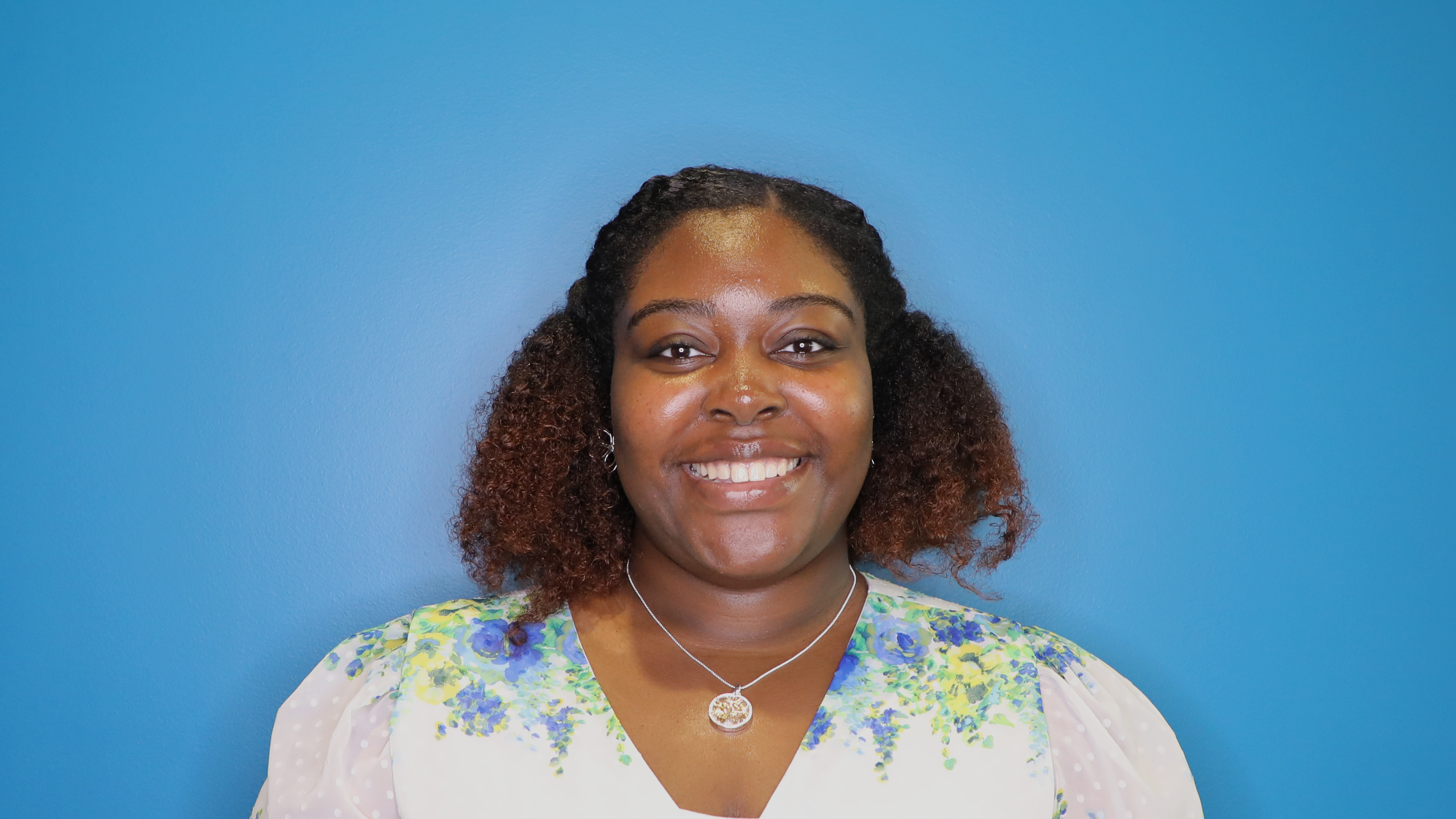Faith leaders, advocates and community partners gathered at Open Table United Methodist Church in Raleigh on May 29, 2025, to reflect on conversations started at the 2025 Emerging Issues Forum, focusing on energy.
The half-day gathering, coordinated by IEI’s Faith and Community Initiative team, was an opportunity for collaboration, learning and networking. Guided by panel discussions, community storytelling, and a shared meal, the day equipped attendees to engage in transformative work this summer and beyond.
The gathering started with a panel discussion addressing energy affordability. NC Justice Center Transportation and Energy Advocate Dani Moore began by describing what many North Carolinians face daily: power shutoffs, no heat or air conditioning, and the struggle to navigate under-resourced assistance programs like the Low Income Home Energy Assistance Program (LIHEAP). With more than 60,000 residents eligible for help, energy insecurity remains a chronic issue. Moore also referenced Senate Bill 361, which proposes deregulating parts of Duke Energy—potentially shifting costs from shareholders to already-struggling consumers. Moore emphasized the critical role of policy in shaping energy access and affordability, and urged attendees to stay informed and engaged in legislation.
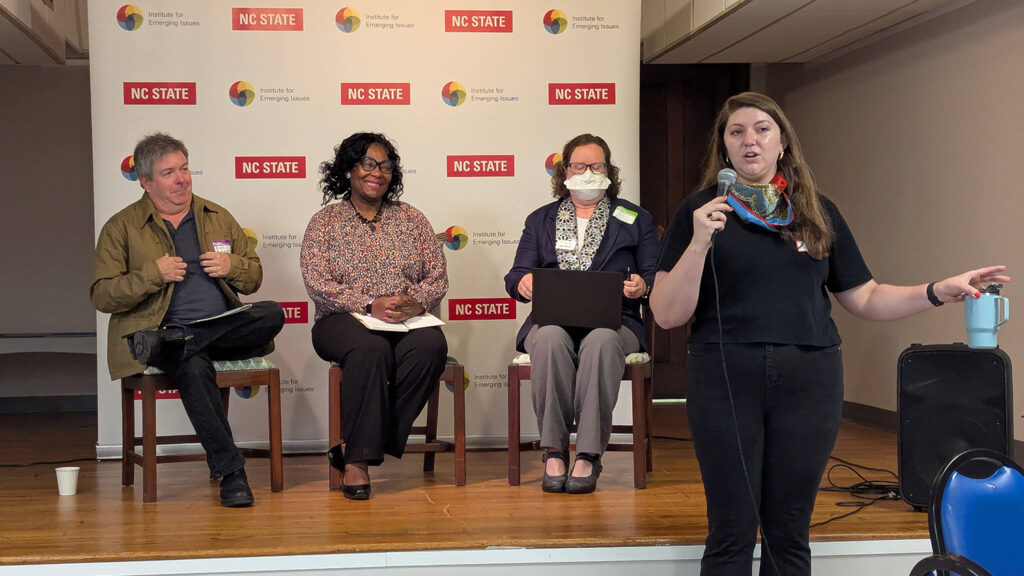
Roanoke Electric Public Relations and Community Engagement Director Angella Dunston built on this urgency with a call to action grounded in her work in Northeastern North Carolina and her lived experience in Warren County, where PCBs were dumped decades ago and still contaminate the area. She reminded attendees that faith communities were pivotal in organizing communities then and must be again today. With utility bills soaring to several hundred dollars per month in some rural areas, she urged faith leaders to leverage their pulpits, networks and trust to advocate for change.
North Carolina Council of Churches Director of Partnerships and Development John Parker shifted the conversation toward solutions, urging congregations to serve as resilience hubs: offering cooling, heating, shelter, mental health care and emergency support. He emphasized relationship-building as the foundation of lasting change and shared a resilience hub checklist as a starting point. His core message: real collaboration grows at the speed of trust.
Open Table UMC was more than just a venue—it was a living example of how faith spaces can be reimagined for community impact. Under the leadership of Pastor Sarah Majors, the church hosts NGOs, food distribution efforts, recovery programs and youth education initiatives.
The day closed with informal networking and resource sharing. Participants swapped contacts, discussed upcoming advocacy efforts, and committed to deeper collaboration on resilience projects. As one attendee said, “The real work happens in these conversations.”
Stay tuned for details on the summer listening sessions and the annual Faith & Community Conference coming this September.
- Categories:
